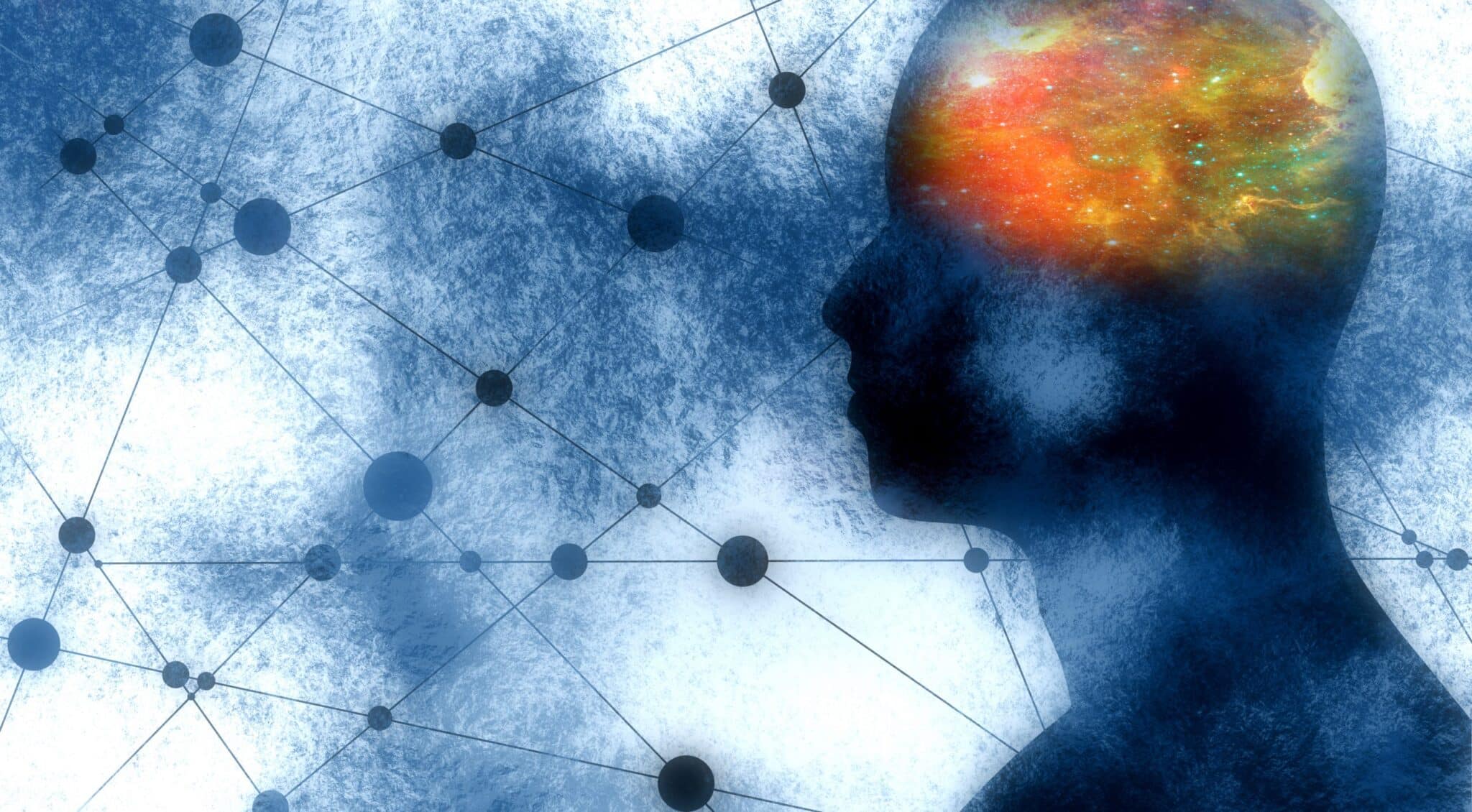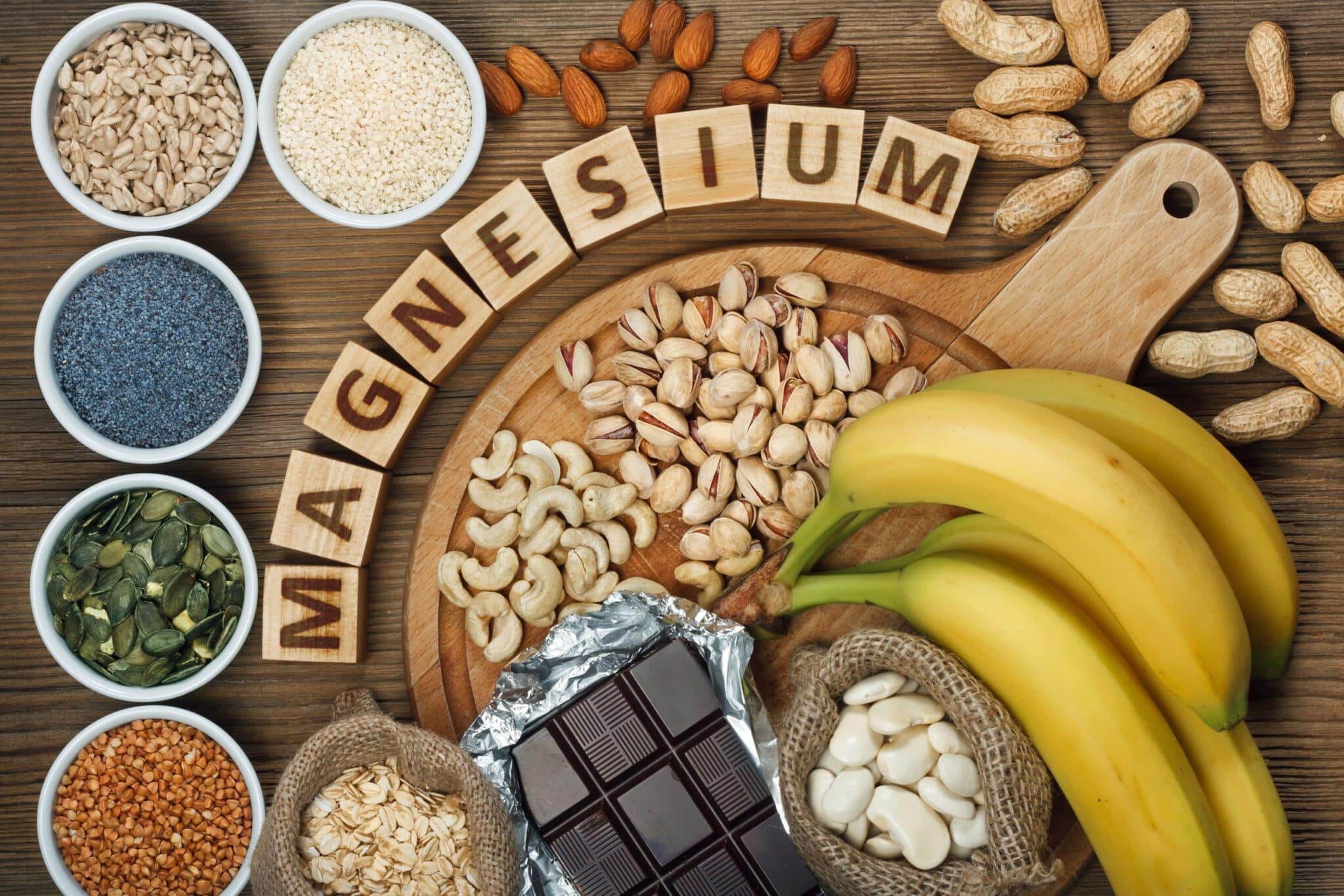DISCLAIMER: Please note that this article is not a substitute for medical advice or a formal recommendation. Before making any changes to your health regimen, it’s recommended you consult with a qualified healthcare professional.
The psychedelic community is no stranger to functional medicine and progressive supplementation ideas. In fact, many people on journeys of self-optimization, healing, and personal transformation often begin in health domains before eventually finding their way down the path of mindfulness, somatic therapies, psychedelics, and similar mind-body therapies.
As you may have noticed in recent months, Third Wave has a renewed focus in tangibly defining and assisting with physical integration. Mindful supplementation is one key part of physical integration. When it comes to supplementation, many engaged in psychedelics and microdosing are familiar with the famous Stamets Stack; however, there are some nutritional gaps that may arise if you focus exclusively on this stack.
That’s why, before adopting the Stamets regimen, we recommend starting at a more fundamental level.
As you can read HERE, addressing our biological baselines can truly drive how we show up, view, and take in the world around us. We began by covering some supplementation we recommend pairing with microdosing, and now want to specifically highlight the effect of magnesium on the mind-body interface and how it can be used to facilitate transformation on a physical level.
What Is Magnesium and How Can It Help?
The simple answer is that magnesium is a mineral, one that you’ve surely heard of—like calcium and potassium. But the more pressing question is: what does magnesium do and why is it so important?
Magnesium is a vital electrolyte that the body needs to function properly. It’s responsible for providing support for the body’s ability to carry out metabolic processes related to relaxation, bone health, blood sugar, and blood pressure regulation. It also helps to prevent migraine headaches, heart attacks and cardiovascular disease, osteoporosis, and PMS. And the usefulness of magnesium doesn’t end there. It is also important for individuals trying to manage type 2 diabetes, neurological health, mood support, brain function, muscle firing, and overall energy manufacture.
While it’s clear that magnesium is a crucial mineral for everyday functioning, you may still be wondering why this mineral would be of particular use to someone in the psychedelic or personal transformation space. In that context, healthy magnesium intake can:
- Bolster neurological firing and wiring (assisting in neuronal volley, infrastructure, and communication). An optimally functioning brain enables key capacities, such as focus, creativity, access to flow states, and cognitive fitness.
- Support the nervous system’s ability to relax, calm the body, and maintain balance. Because the nervous system is implicated in things like our stress response, neuroimmune disorders (such as autoimmune disorders and behavioral issues) often underpin somatic therapies. Consequently, maximizing central and peripheral nervous system health alongside autonomic nervous system health is imperative.
- Assist in mood stabilization and combat the side effects of various mood disorders.
- Act as an enzyme to assist in energy production that supports everything we do, from thinking to muscle firing. According to Ray Peat, PhD and other researchers, low bioenergetic status—that is, the body’s capacity to produce energy—is the one common denominator across all states of dis-ease (both classically-held physical issues and psycho-emotional ones). So, to combat dis-ease, it’s necessary to have a fully thriving energy system, enabled by healthy magnesium levels.
If you subscribe to a biopsychosocial model of health, wellbeing, and performance, it’s easy to see how all of these areas are related. Emotions and physiology are a feedback loop. By helping one, we help the other.

What Are The Best Sources of Magnesium?
Now that you have the fact sheet, let’s talk about how to get enough magnesium to combat health conditions and drive personal transformation.
Start with whole food sources to get your recommended dietary allowance. Some tout whole grains, legumes, cashews, and cereals as good sources of magnesium. However, many of these foods can be inflammatory so proceed with caution, especially with grains.
To everyone’s delight, strong coffee is an ideal source of dietary magnesium. To maximize magnesium intake from coffee, we recommend one serving in the morning and with lunch. More good news: small amounts of dark chocolate daily provide another good source of magnesium.
Daily orange juice is something we recommend for a number of reasons, one of which is because of its magnesium content. Quality milk will also help increase your magnesium concentration to some degree, as will coconut water.
Some fruits—like bananas—are also magnesium-rich. Green leafy vegetables can be a good source too, but some popular magnesium-rich vegetables can actually cause digestive problems that may not be favorable in relation to the nutrients they provide.
While it’s important to start with whole food sources, these may not be enough to fully satisfy your body’s magnesium needs, especially considering that standard dietary reference intakes tend to undershoot optimal levels. That’s why we recommend magnesium supplementation. As we’ve mentioned in another article, humans essentially live as fish outside our fish tanks. We eat “franken foods”, are exposed to less sunlight, and maintain non-ideal circadian rhythms. This makes supplementation important—not necessarily to survive—but to thrive!
If you’re interested in magnesium supplementation, consider visiting our ONLINE DISPENSARY HERE and searching for our Foundations Kit, which includes magnesium. If you’d prefer to try magnesium on its own first, search our site for “magnesium glycinate”. It’s important to supplement with the right type of magnesium. With all the different nomenclatures and types out there (e.g. magnesium citrate, magnesium sulfate, magnesium hydroxide, chloride, magnesium oxide), it can get confusing, especially when various health bodies (like the NIH in the United States) don’t recommend a specific type.
Even with supplementation, it can be challenging to get the right amount of magnesium. To potentiate this dietary supplement for ideal absorption, retention, and utilization, it’s best to consume it with carbonated mineral water.
The Bottom Line
Magnesium is a vital nutrient with an important role to play—both in a general health and mind-body context. Like vitamin D and other essential nutrients, low magnesium levels are implicated in research across various mind-body maladies. Some individuals report that high doses of magnesium assist their relaxation even more than stress-relief agents like CBD.
Magnesium deficiency is quite common in most people, especially in older adults, athletes, and women on oral birth control pills. Consider including it in your regimen for optimal health, brain and neurological function, mood stabilization, relaxation, energy, and life force.
If you have more questions about whether magnesium is right for you, consult with your qualified healthcare provider.
BUY Magnesium: Not all magnesium is created equal. Ideally you’ll want to take your magnesium around the same time of day, and potentially mixed with carbonated water for absorption.
We recommend magnesium as part of our Foundations Kit HERE, and it can also be bought individually:
Save 10% OFF on everything by ordering from our dispensary.
To access Third Wave’s Foundations Kit or individual supplements, please follow the instructions below:
- Click here to visit Third Wave’s Supplement Dispensary sign-up portal
- Enter your email address and click “Submit” to register for an account
- Sign in with your login credentials
- Click “Add all to cart” to purchase the complete Foundations Kit or choose individual supplements
Our hope is that through more resources and education, we can help provide you with a deeper understanding that can yield tangible results in your path to a happier, healthier you.
References
Muneyyirci-Delale O, Nacharaju VL, Dalloul M, Altura BM, Altura BT. Serum ionized magnesium and calcium in women after menopause: inverse relation of estrogen with ionized magnesium. Fertil Steril. 1999;71(5):869-872. doi:10.1016/s0015-0282(99)00065-5
Oliver JW. Effect of thyroid state on magnesium concentration of rat tissues. Am J Vet Res. 1978;39(1):159-161.
Shivakumar K, Kumar BP. Magnesium deficiency enhances oxidative stress and collagen synthesis in vivo in the aorta of rats. Int J Biochem Cell Biol. 1997;29(11):1273-1278. doi:10.1016/s1357-2725(97)00068-x
Botturi A, Ciappolino V, Delvecchio G, Boscutti A, Viscardi B, Brambilla P. The Role and the Effect of Magnesium in Mental Disorders: A Systematic Review. Nutrients. 2020;12(6):1661. Published 2020 Jun 3. doi:10.3390/nu12061661
Boyle NB, Lawton C, Dye L. The Effects of Magnesium Supplementation on Subjective Anxiety and Stress-A Systematic Review. Nutrients. 2017;9(5):429. Published 2017 Apr 26. doi:10.3390/nu9050429
Tarleton E, Littenberg B, MacLean C, Kennedy A, Daley C. Role of magnesium supplementation in the treatment of depression: A randomized clinical trial. Published: June 27, 2017








Interesting content
Thanks David! Hope it helps on your microdosing journey.
Magnesium plus img zopiclone work synergistically for better sleep aid